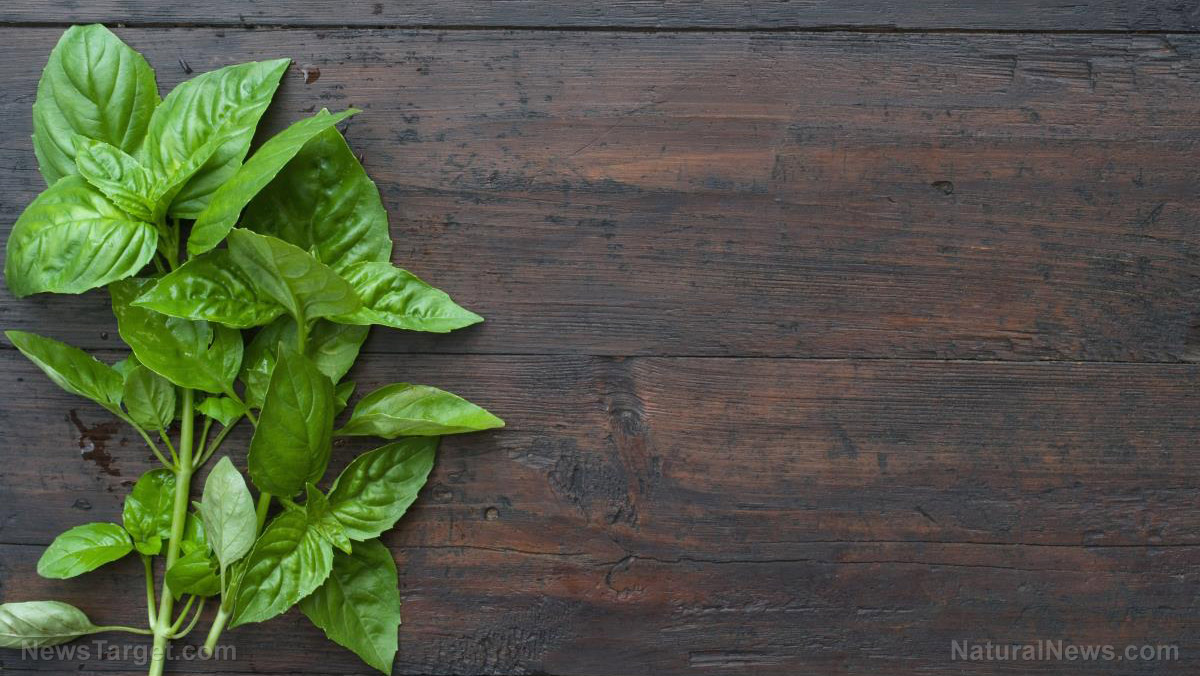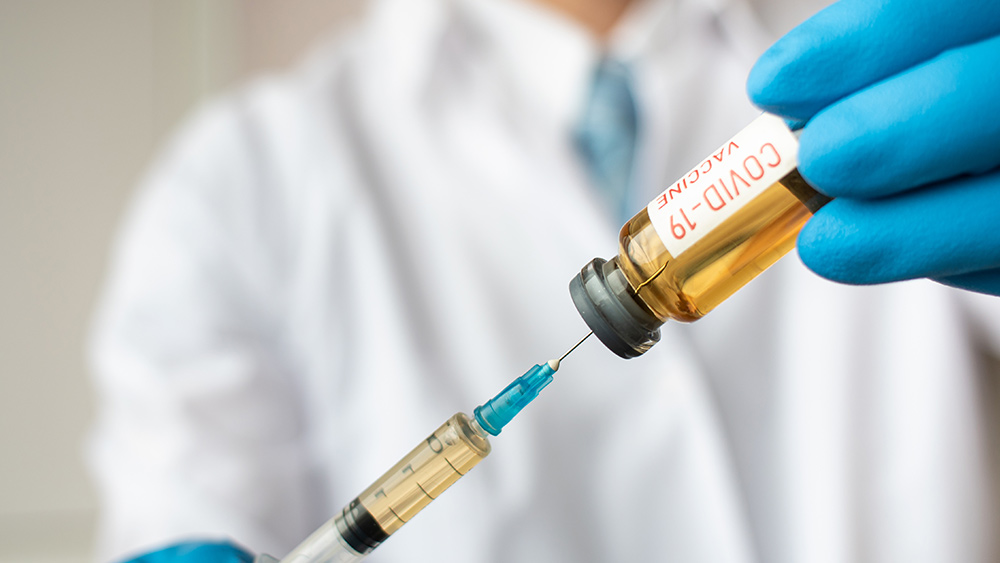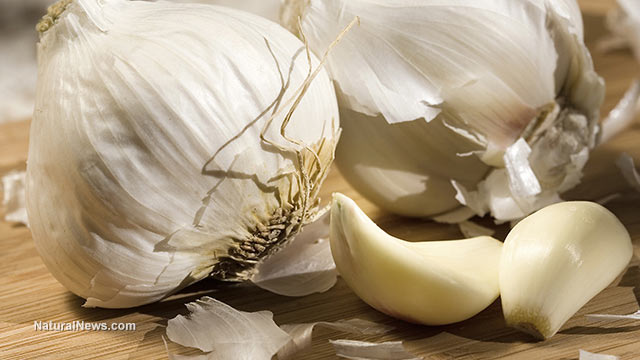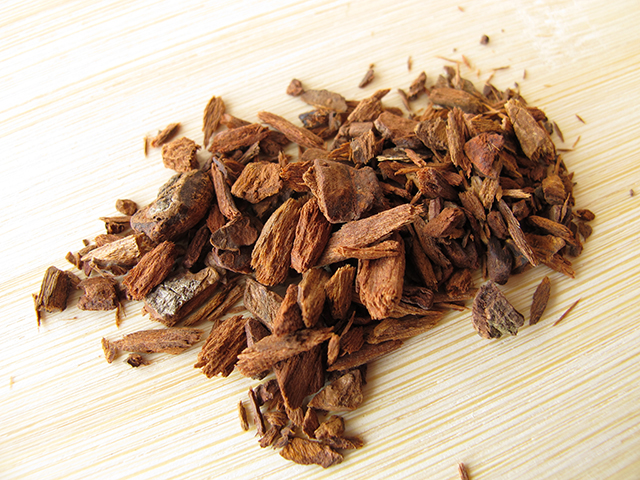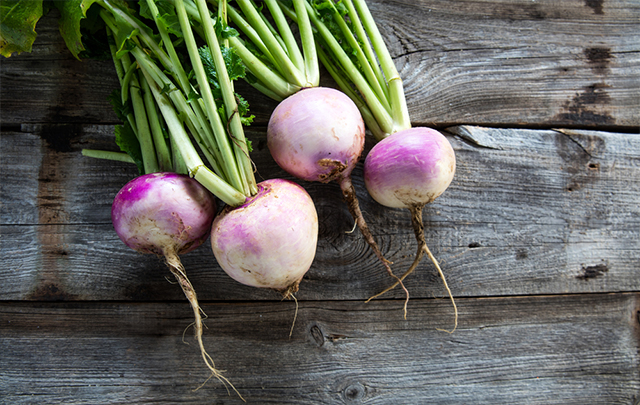Curb your anxiety by drinking a cup of matcha green tea
07/31/2020 / By Virgilio Marin

Matcha can reduce anxiety by activating dopamine and serotonin receptors that are linked to anxious behavior, according to researchers from Kumamoto University in Japan.
Matcha, which literally means “powdered tea,” refers to the powder made from finely ground leaves of shade-grown tea tree (Camellia sinensis). Matcha has been used medicinally since ancient times. In Japan, in particular, it is used to help people relax, prevent obesity and treat certain skin conditions.
In a recent study published in the Journal of Functional Foods, Japanese researchers find evidence of the mental health benefits offered by matcha.
“The results of our study show that matcha, which has been used as a medicinal agent for many years, may be quite beneficial to the human body,” said Yuki Kurauchi, one of the study authors.
Matcha reduces anxious behavior in mice
For their study, the researchers looked at the effects of matcha tea powder on mice using an anxiety test for rodents called the elevated plus maze test. This test features an elevated, plus-shaped, narrow platform with two walled arms that provide safety for the test animals. The idea behind the test is that animals experiencing high levels of anxiety will spend more time in the safer, walled-off areas.
Aside from matcha powder, the team also evaluated the effects of different matcha extracts and fractions.
The researchers found that the mice that consumed either matcha powder or matcha extract displayed reduced anxious behavior. They also found that the ethanol extract exhibited a stronger anxiolytic effect than the hot water extract. This meant that matcha contains two anxiety-reducing components, and that the water-insoluble component exerts stronger anxiolytic effects than the water-soluble component.
After conducting behavioral pharmacological analysis, the researchers found that matcha reduces anxiety by activating dopamine D1 and serotonin 5-HT1A receptors. According to studies, these receptors play a significant role in mediating anxiety.
The team concluded that while more study is needed, their findings emphasize matcha’s beneficial effects on mental health.
More studies show matcha is good for the brain
The study is not the only one to report how matcha influences the brain.
One study looked at the effect of matcha on the cognitive performance of 23 people. The experimental group consumed either matcha tea or a bar containing four grams of matcha, while the control group consumed either a placebo tea or bar. Researchers found that matcha improved the experimental group’s attention, reaction time and memory compared to the placebo.
Another study tracked 12 elderly nursing home residents with cognitive dysfunction. Results showed that daily consumption of green tea powder for three months helped boost cognitive function in the elderly participants.
Several compounds in matcha have been identified by researchers as the matcha components responsible for improving brain function.
For instance, caffeine, which is more abundant in matcha than in green tea, has been linked to faster reaction times, increased attention and enhanced memory.
Matcha also contains higher levels of L-theanine than green tea. L-theanine promotes alertness and helps prevent the drastic drop in energy levels following caffeine intake. Thanks to this amino acid, drinking matcha isn’t likely to elicit the same jittery effects as drinking coffee. (Related: Coffee versus matcha: Which gives you better sleep? (Yes, sleep).)
In addition, L-theanine is said to increase alpha wave activity in the brain, which helps induce relaxation and lower stress levels.
Matcha is a superfood that exerts beneficial effects on the brain. It is also very easy to prepare, so enjoy a daily cup of matcha tea to reduce stress and anxiety and to keep your brain functioning optimally.
Learn more about matcha and other teas at Superfoods.news.
Sources include:
Tagged Under: alternative medicine, anxiety relief, brain health, cognitive health, food cures, food is medicine, functional food, matcha, matcha extract, matcha green tea, matcha powder, natural cures, natural medicine, remedies, research






